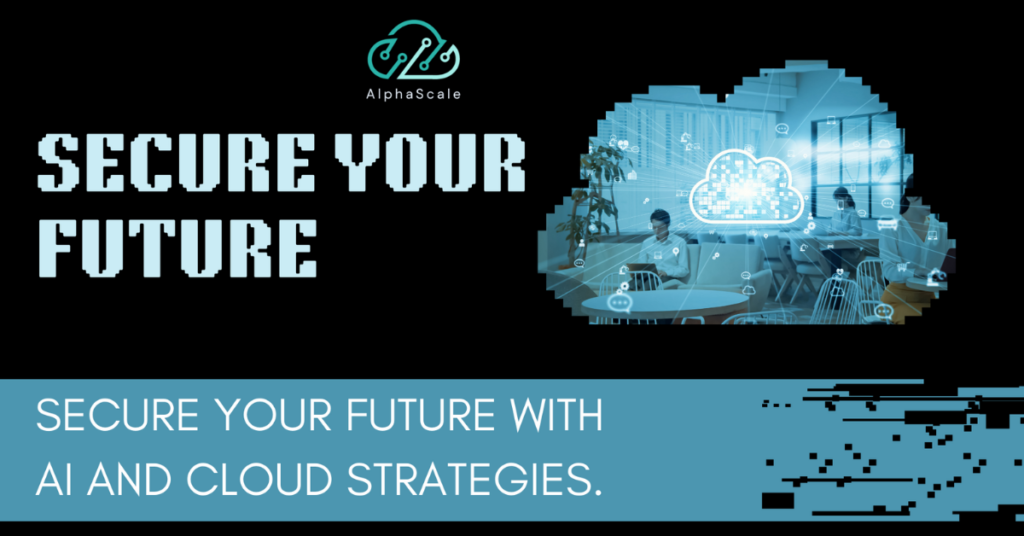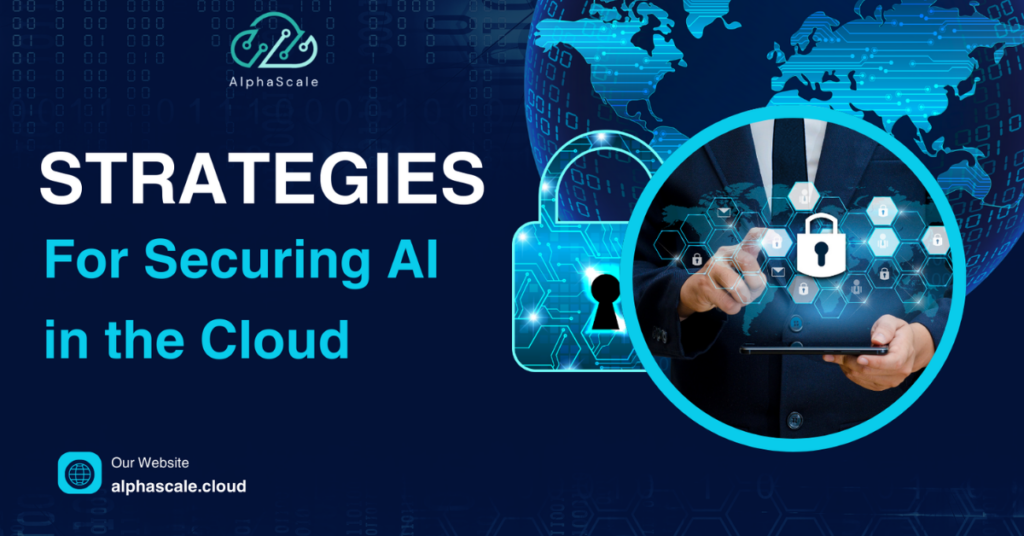According to Forbes, 77% of organizations now use or explore AI in their workflows or plan its adoption, highlighting its increasing role in business strategies. It’s important to understand that this rapid evolution has created an environment where organizations face new regulations and heightened risks associated with AI technologies. With an anticipated 300 million new regulations to appear over the next ten years, organizations must reconsider their compliance approach to address the complexities and vulnerabilities introduced by AI technologies.
While offering significant opportunities for efficiency and growth, these innovations also present new risks that must be managed effectively. Notably, AI is projected to contribute surprisingly $15.7 trillion to the global economy by 2030, signaling a significant economic transformation that organizations must guide carefully. The incorporation of AI into cloud security systems becomes for protecting critical infrastructure and ensuring data accuracy as organizations release this developing regulatory environment.

AI for cloud security
Cloud security has significantly evolved, reflecting the rapid growth of cloud computing. Early cloud security initiatives focused on perimeter defense like firewalls and access control. Still, threats have grown more sophisticated, and cloud environments have become more complex. This evolution necessitates addressing key challenges.
- AI rules constantly be updated
New AI regulations are emerging at national and international levels, including the U.S. AI Executive Order, which aims to set standards for AI safety, security, and innovation while promoting responsible AI development. Sector-specific compliance regulations, such as HIPAA (healthcare), GDPR (data protection), and financial industry standards, are also evolving to address AI’s impact.
- Increased security risks
AI in cloud environments escalates risks like model theft and data poisoning. Traditional security techniques based on predefined rules are often ineffective against artificial intelligence-driven threats.
- Always keep your data private in the cloud
Privacy in cloud-based AI systems is a critical concern. Regulatory frameworks emphasize robust data governance practices to handle personal data securely and comply with privacy laws. Enterprises must improve data privacy practices, ensuring AI models comply with data protection laws (e.g., GDPR, CCPA) by securing personal and sensitive data.
- AI must be simple to understand by everyone
Regulations emphasize transparency and explainability in AI systems. Businesses must clearly and unambiguously explain how their AI models make decisions to build trust with customers and regulators.
Why AI and cloud security matter so much
Securing AI in the cloud is more than a technical consideration; it becomes a significant strategic priority. AI compliance enables us to categorize AI-related cyber and cloud threats systematically and integrates risk reduction and management into organizational strategies. An array of factors highlight its significance.
- Protecting sensitive data always comes first
Artificial intelligence systems usually process enormous quantities of sensitive information, and strong security measures are critical to keep that data from unauthorized access and breaches. One hundred zettabytes of cloud data will be saved by the end of 2025.
- Trust and reputation must be maintained
Strong security measures will preserve stakeholders’ interests. According to a recent report from the Cloud Security Alliance, nearly 1 to 5 organizations have experienced a security incident related to nonhuman identities (NHIs).
- Enabling innovation
Policies providing clear standards for AI development may drive creativity. They may help organizations navigate the regulatory environment while allowing them to innovate and compete in the global market.
- Reducing manual workload
AI will be essential in reducing the manual work necessary to manage cloud security. Organizations that use artificial intelligence and automation could save an average of $3.05 million.
- Ensuring regulatory compliance is key to success
Compliance with AI rules is critical for retaining market access and avoiding legal consequences. According to 88% of government departments, cloud misconfiguration is the top security concern now.
Strategies for securing AI in the cloud

Organizations must adopt comprehensive security strategies to mitigate risks and ensure compliance effectively.
- Nonhuman Identities (NHIs)
The increase in NHIs continues as organizations adopt cloud-native architectures. According to some estimates, NHIs currently outnumber human identities 45-to-1, drastically expanding the attack surface and increasing security risks. To secure NHIs, utilize tools to track and map both human and non-human identities in your cloud environment, ensuring that you remove unused identities to reduce exposure. AlphaScale’s AlphaID product offers a comprehensive identity management solution that helps organizations monitor and protect identities.
- AI-Driven security constantly improves cloud security
AI-driven security systems improve cloud security through automatic threat detection and prevention. AI systems use machine learning techniques to analyze large amounts of real-time data to identify anomalies, suspicious patterns, and new attack vectors that human analysts might miss. Experts predict artificial intelligence will be the primary means of lessening manual work in cloud security. AlphaScale’s Gen-AI capabilities offer real-time recommendations that help organizations proactively address potential threats before they escalate.
- Advanced social engineering tactics
Deepfake technology can enable attackers to create sophisticated audio, video, or synthesized personalities that manipulate and deceive even the most vigilant employees. Security teams must also improve cybersecurity maintenance, especially in identity and access management (IAM), reinforce their cloud security position, and use artificial intelligence-based phishing detection tools. AlphaScale’s platform can streamline these processes by filtering out false positives, allowing teams to focus more effectively on genuine threats.
- The zero-trust model to the cloud in 2025
In 2025, the zero-trust model will remain a backbone of cloud security, reflecting a shift from trusting authenticated users to verifying identities continuously at every stage. Zero-trust adoption will grow exponentially, driven by its proven ability to safeguard against advanced persistent threats and insider risks. AlphaScale offers seamless cloud integration to improve security without disrupting existing infrastructure, aligning with zero-trust principles.
Let’s secure the cloud together
Effectively managing AI and cloud security requires a comprehensive approach that includes strong security measures, regulatory compliance, and proactive threat prevention. Organizations must prioritize data protection, maintain trust, and use AlphaScale’s advanced technologies to successfully navigate the evolving digital risk environment. Embracing a single platform and real-time threat management enables companies to use AI while protecting their data and systems against emerging cyber threats.

